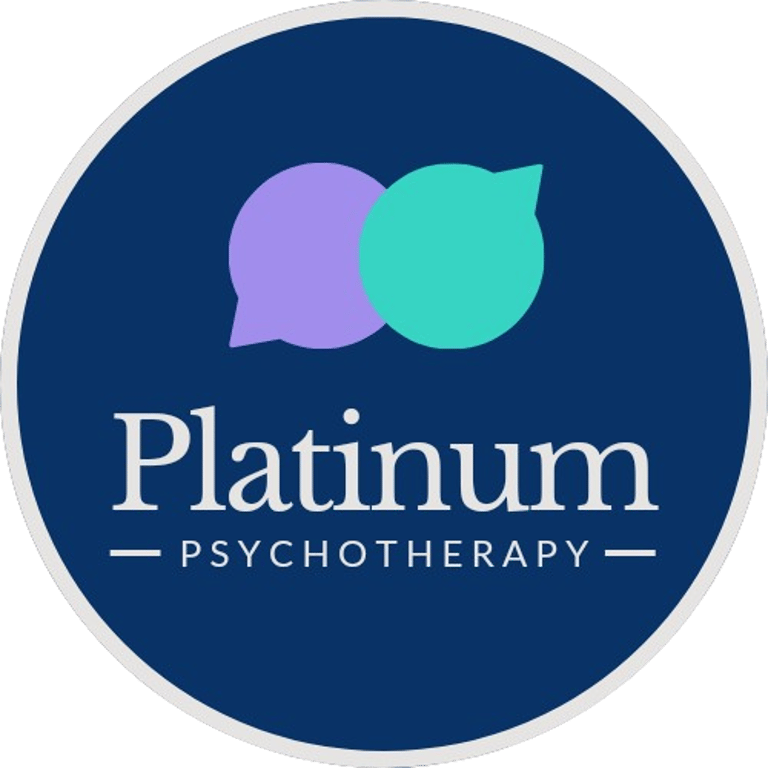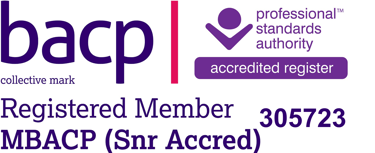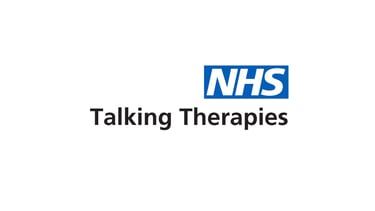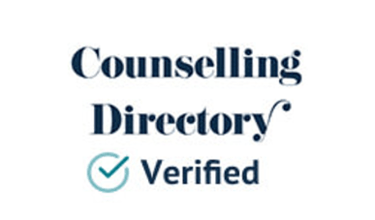The August Blues
Why You Might Feel Low at the End of Summer


The August Blues: Why You Might Feel Low at the End of Summer
For many people, August is painted as the golden month of summer—lazy days, ice creams, holidays, and warm evenings. But if you’re finding yourself feeling flat, irritable, or a bit lost, you’re not alone.
The August Blues are real. It’s that emotional dip that can creep in as the season shifts—when you’re too tired to keep up the pace of summer, but not quite ready for what’s coming next.
In this post, we’ll explore why August can feel emotionally heavy, and how therapy can support you through the post-summer slump.
What Are the August Blues?
The August Blues describe a sense of low mood, anxiety or emotional fatigue that shows up towards the end of the summer holidays. While it’s not a clinical diagnosis, many people report feeling off-kilter at this time of year.
You might notice:
Feeling anxious about returning to work or routine
Low energy or a sense of “what now?” after a busy summer
Sadness that the holidays are ending (or regret that they didn’t feel restful)
Increased irritability or restlessness
A sense of time slipping away or pressure to “make the most of it”
Why Do We Feel This Way in August?
Emotional Burnout After a Busy Summer Summer can be full-on. From family holidays to constant social plans, disrupted routines and childcare stress, it can feel like you haven’t had a minute to stop. By August, many people are running on empty, especially if they’ve been “keeping it together” for others.
The Pressure to End Summer on a High
There’s a subtle but persistent message that summer should be joyful, memorable, and packed with experiences. That pressure to “make it count” can trigger anxiety—especially if things haven’t gone to plan.
Looming Transitions
Whether it’s back to school, returning to work after time off, or just the shift into autumn, August can stir up anticipatory anxiety. If you’re someone who struggles with change or uncertainty, this can feel particularly unsettling.
Sensory and Social Overload
By late summer, you might be overstimulated from travel, heat, social demands or being constantly around others. This is especially relevant for neurodivergent people, who may be more affected by sensory input or disrupted routines.
Grief, Loneliness or Old Wounds
Holidays can stir up complicated emotions—especially if you’re grieving, estranged from family, or reminded of what you didn’t have growing up. August can bring a quiet ache beneath the surface as the world pushes on.
What Can Help With August Anxiety or Low Mood?
If you’re experiencing the August Blues, here are a few gentle ways to care for yourself:
Acknowledge how you’re really feeling—not how you think you should feel
Slow down where you can, and allow yourself quiet moments to decompress
Limit comparison, especially on social media
Start small routines that offer steadiness as the season begins to shift
Seek support if your feelings feel stuck, overwhelming or hard to name
Therapy Can Be a Space to Regroup
You don’t need to wait for September to start feeling better. Therapy can give you space to explore what’s really going on beneath the August anxiety, without judgement or pressure to “snap out of it.”
In therapy, you can:
Reflect on how this time of year affects your mental health
Rebuild emotional energy if you’re burnt out from summer demands
Process difficult feelings that holidays may have stirred up
Create a softer landing into autumn, rather than crash-landing in survival mode
Feeling Flat in August Doesn’t Mean Something’s Wrong With You
If the end of summer brings a dip in mood, energy or clarity—it’s not a personal failing. The August Blues are a very human response to a season that’s often more intense than it looks from the outside.






